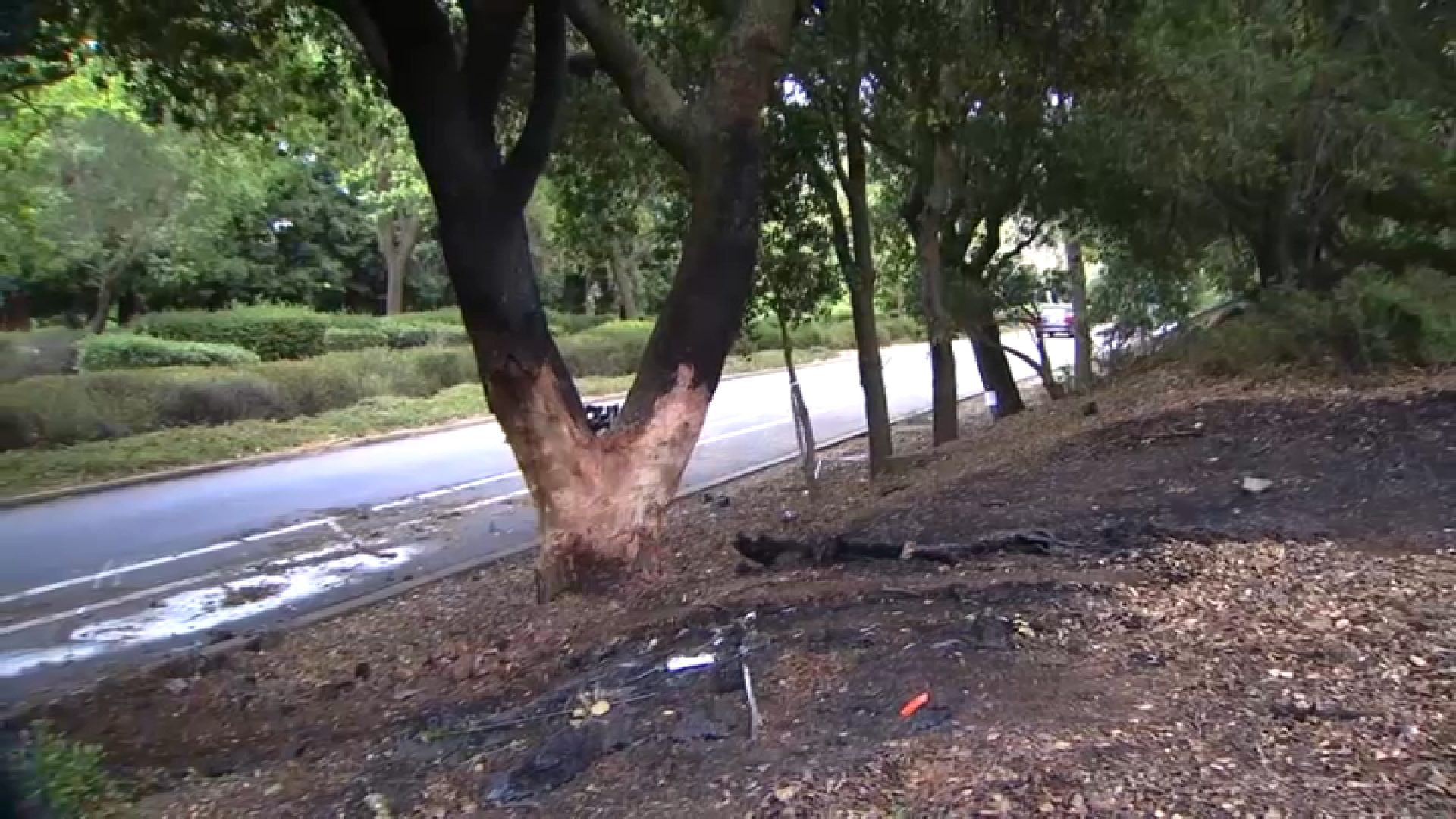The San Jose City Council passed a ban on styrofoam -- or polystyrene -- food containers Tuesday.
The goal of the ban is to help protect the environment and keep styrofoam, a product that takes a long time to degrade, out of local landfills and waterways.
Groups like the San Jose Silicon Valley Chamber of Commerce oppose the ban, arguing it's too much of a financial stress on small businesses.
The chamber says it is piling on, considering last year small businesses had to stop using plastic bags, which increased costs, and next month they must increase their minimum wage from $8 to $10 an hour.
At Sonoma Chicken Coup in the city’s Almaden neighborhood, owner Matt Lee now has one more thing on his plate: finding an alternative to the inexpensive styrofoam to-go containers he provides his diners.
“I think it’s a good idea in the long run, but in the short term I think there will be some issue with how to transition,” Lee said.
The city has been studying a foam-container ban for years. The ban now becomes part of the city's "Green Vision" agenda. The movement has already banned plastic takeout bags at grocery stores and other retailers.
Public comment at Tuesday’s hearing was overwhelmingly in favor -- and somewhat colorful -- but the vote was divided.
Councilman Pete Constant said the ordinance could put some of the smallest restaurants out of business. Councilman Johnny Khamis said the city is damaging its own reputation.
“We’re going to become ‘Ban Jose’ instead of San Jose,” Khamis said, “and I’m not a big ban-everything person.”
The styrofoam ban begins in January of 2014 for multi-state chain restaurants. Smaller local restaurants have until January of 2015, except for businesses that qualify for a hardship exemption.
The substance known as styrofoam is actually "expanded polystyrene," or EPS.
Local
As San Jose becomes the largest city in the nation to ban styrofoam, other cities will likely follow suit. That could drive down the cost of alternative products.
“(The alternatives) will get cheaper,” Lee said, “because the manufacturers will have to make it cheaper to compete against other manufacturers who make the same product.”



